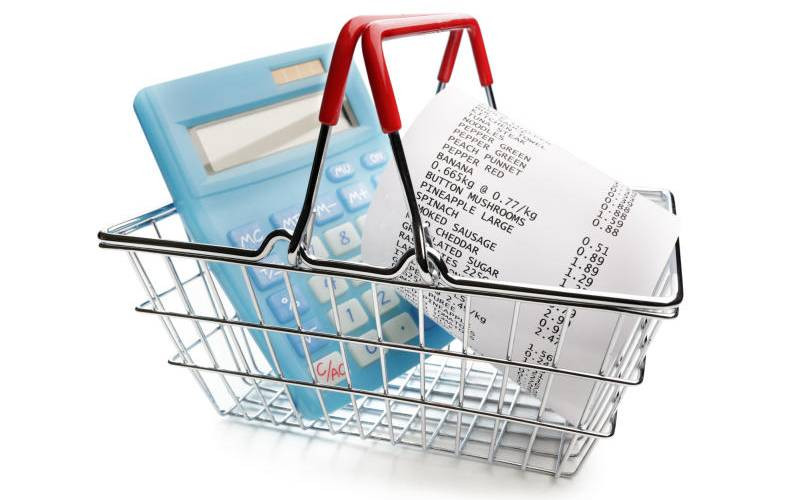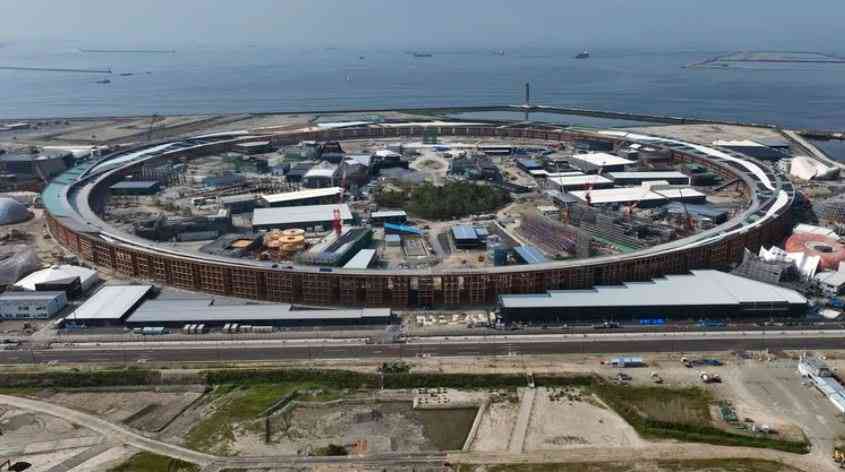
Recently, it was reported most Kenyan employees walk to their workplaces, with few owning cars or commuting using public service vehicles.
This paints a grim picture of the dire economic situation with many hardly having any disposable income to write home about, let alone being able to save for a rainy day after statutory deductions of housing levy and higher National Social Security Fund, besides servicing loans. This leaves one with little to take home.
However, there are ways employees can stretch that shilling to last to the next payday. A look at a few areas.
Move to a less expensive house
Given the job description you hold and the benefits that come with it, and as a financial statement, you may be tempted to live in an address befitting your status.
Such an address could be the leafy suburb associated with the rich and the middle class, and known for high-end social places. The rent could be anything from five to six digits monthly, and if there are services provided like garbage collection, free internet, and so on, they too don’t come cheaply.
Moving to a less expensive address is not a life downgrade but being economical with your finances. If you were to sit down and do an audit of your annual rent in that expensive address, you may realise what you’ve been paying could buy you a parcel of land in certain places away from urban areas.
The argument that less expensive addresses are highly insecure may not hold water unless they’re known for their notoriety in matters of security.
Buying in bulk
Kadogo economy had been hailed as a game changer where for a few coins one can get you a mini version of any packaged product. But looking at it from a financial perspective, it’s costly in the long run. Take the example a sachet of cooking fat retails at Sh30, compared to a container of the same selling at Sh280.
Suppose in one week you use three sachets, that totals Sh90 weekly, and Sh360 monthly.
When you think you’re saving that coin through kadogo economy, you’re in a real sense spending more.
In the example above, you overspent Sh100 thinking you’re saving on your finances. The same observes for any commodity bought in piecemeal, than in bulk. Buying in bulk will free you to spend in other critical areas and also enable you to save something on the side.
Stay informed. Subscribe to our newsletter
Carry meal to work
This can save you much more than eating in that kibandaski or a hotel. You may have realised the charges for the same meals vary sharply depending on where you’re eating. Take the example of a plate of githeri. The prices at a kibandaski can be below Sh100 but in a hotel, the same is high above that.
In both places, the same spices have been used to flavour and increase taste, with no special accompaniments to justify the price difference. What about carrying a packed lunch to work? It can be a cost-saving measure and more, the food is cooked to your taste.
Remember food dealers sometimes use unorthodox ways to quicken the time it takes to cook certain food like githeri with claims of painkillers or soda ash added to the mixture.
Downgrade tv, internet subscription services
What’s the essence of subscribing to premier cable television services when you hardly have time for TV except at weekends? You may realise that at most, after getting home from work, you can’t watch TV for more than three hours, and you’re that early riser who leaves for work as early as 6am, or even earlier than that.
Weekend sees you socialising with friends, more than having quality time with family. Why not go for the cheapest bouquet or, better still, go for free-to-air decoders unless your set has an inbuilt one?
If you’re a fanatic of the English Premier League, you may realise the free match the Football Association of England allocates to the African continent is usually assigned to a premium or an expensive bouquet by a certain satellite television provider.
The same goes for home internet service subscriptions.
If you’re not a heavy consumer of data, what’s the logic of going for the expensive package that your internet service provider has?
Usually, many will go for the expensive subscriptions as a way of expressing a financial statement but in the end, it doesn’t make economic sense when cheap alternatives can yield the same desired results.







